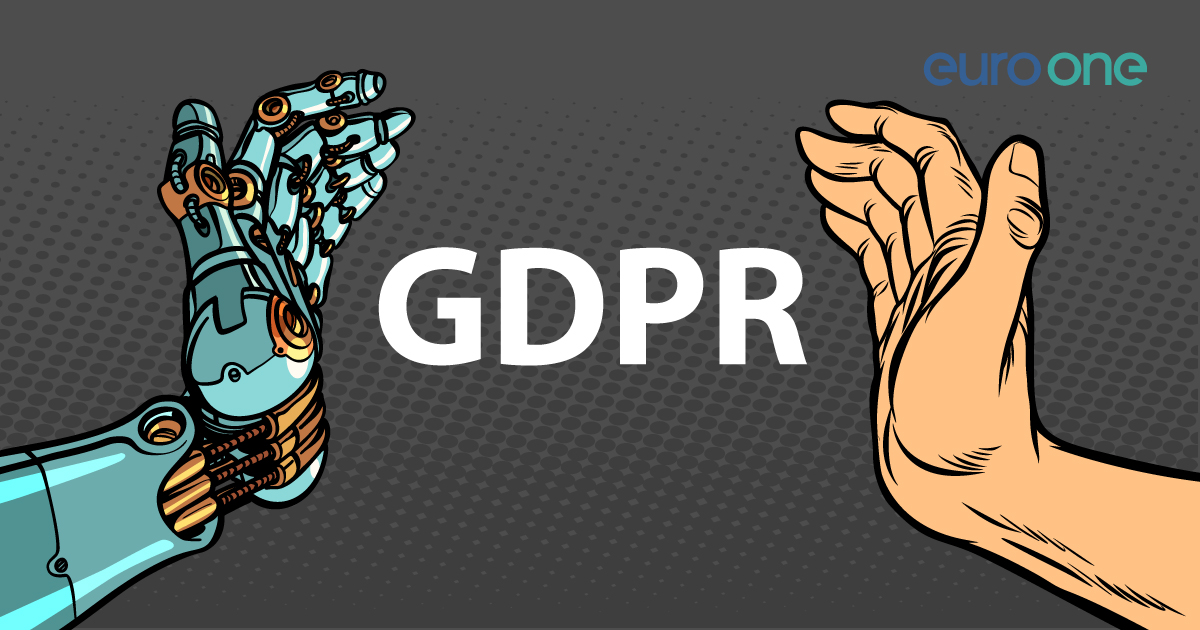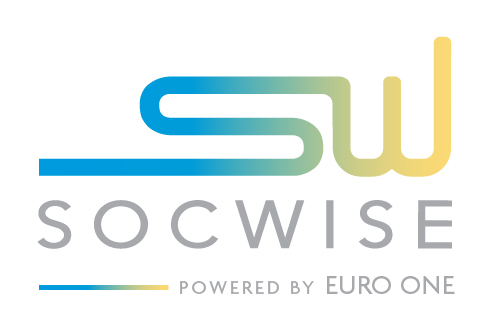The Relationship Between ChatGPT and GDPR
![]() Péter Hüvelyes
Péter Hüvelyes
![]() 2023.06.15
2023.06.15

Artificial intelligence (AI) has been in development for decades, but ChatGPT has brought AI into public focus by enabling lifelike conversations. AI’s ability to understand and generate human-like language has made it accessible to the general public, which has led to widespread use. While these advancements are significant and beneficial, they also raise serious concerns about privacy and data protection, especially under the General Data Protection Regulation (GDPR).
The GDPR, implemented by the European Union, is a regulation designed to protect the personal data and privacy of EU citizens. Given ChatGPT’s reliance on vast amounts of data, including personal information, GDPR compliance becomes a critical concern. AI models like ChatGPT use natural language processing (NLP) techniques to analyze large datasets, some of which may contain personal data, and this poses potential privacy risks. Users are often unaware of how their sensitive information is processed, stored, and shared, making GDPR compliance crucial to maintain user trust.
The Scope of Data Collection
ChatGPT relies on processing a large volume of personal data, including names, locations, and preferences. The analysis of such vast datasets is key to improving AI accuracy and its ability to generate coherent responses. However, this extensive data collection raises issues with GDPR principles, such as data minimization and purpose limitation. The GDPR requires that companies collect only the data necessary for specific, legitimate purposes and that personal data should not be stored longer than needed.
Data Minimization Challenges
The principle of data minimization requires AI developers to limit the amount of personal information collected and processed. However, training large language models like ChatGPT typically involves scraping massive amounts of data from the web, which may inadvertently include personal data without the explicit consent of individuals. This practice raises concerns about whether the data used adheres to GDPR’s requirements for lawful, fair, and transparent processing.
Purpose Limitation
Purpose limitation is another fundamental principle of the GDPR, which states that personal data should be collected for specified, explicit, and legitimate purposes and not further processed in a manner incompatible with those purposes. In the case of ChatGPT, the data collected for training is used to improve conversational capabilities, but it can also be used for other purposes, such as refining machine learning models or for product development. This dual use of data can create ambiguity, making it difficult for users to know how their data will be used, which may conflict with GDPR’s transparency requirements.
Accountability and Transparency
The GDPR also emphasizes accountability and transparency. OpenAI, the creator of ChatGPT, has outlined a Privacy Policy that details some of its data practices, including how personal data may be shared with third parties. However, the policy lacks sufficient detail on how these practices comply with GDPR requirements. For example, specific concerns include how OpenAI ensures data minimization, the precise purposes of data sharing, and the measures taken to justify automated decision-making processes. To comply with GDPR, OpenAI must ensure users are fully informed about how their data is being used, who it is shared with, and ensure that users give informed consent.
Automated Decision-Making Provisions
Another significant challenge is the GDPR’s provisions on automated decision-making. The regulation contains specific rules about using personal data in fully automated processes that have legal or similarly significant effects on individuals. While ChatGPT does not make decisions that directly impact users’ rights, its outputs can influence user behavior or provide information that may lead to important decisions. Therefore, organizations using AI like ChatGPT must provide explanations about how data is processed and ensure that any decisions or recommendations made by the AI are understandable to the user.

Compliance Considerations
To align with GDPR, OpenAI must be more transparent about data collection, processing, and sharing practices, particularly when it comes to third parties. This includes clearly communicating the purposes for which data is used, obtaining explicit user consent, and providing users with the right to access, modify, or delete their data. Users must be informed if their data will be shared with other entities and be given the freedom to decide whether to allow it.
Security Measures for Data Protection
GDPR compliance also requires that organizations implement appropriate security measures to protect personal data. In the context of ChatGPT, this means ensuring robust data encryption, anonymization, and access controls to prevent unauthorized access or breaches. Any data that is shared with third parties must also be handled in compliance with GDPR standards, and agreements with these parties must ensure they provide the same level of data protection.
Special Considerations for Sensitive Sectors
In certain sectors, such as healthcare, finance, and other critical industries, stricter controls may be necessary to safeguard user data. These sectors deal with sensitive information that, if mishandled, could lead to severe consequences for individuals. OpenAI and companies using ChatGPT in such sectors should work closely with regulators to develop additional safeguards and controls tailored to the sensitivity of the data involved.
Data Subject Rights
Finally, the concept of data subject rights under the GDPR is particularly relevant. Users have the right to be informed about how their data is being used, to access the data collected about them, and to request corrections or deletions. OpenAI must ensure these rights are upheld to foster user trust and comply with legal requirements. This includes providing clear mechanisms for users to submit data requests and ensuring timely responses to such requests.
Future Considerations
Artificial intelligence is still in its early stages, much like the internet was a few decades ago. ChatGPT and similar models represent only the beginning of what AI is capable of achieving. Although AI is expected to develop and become more integrated into daily life, it is essential to be mindful of the potential risks it poses, particularly concerning data privacy and security.
Ensuring GDPR Compliance
The EU GDPR is far more stringent compared to data protection regulations in other parts of the world, such as the United States. Therefore, ensuring compliance with GDPR is crucial for AI developers like OpenAI if they wish to offer their services to EU citizens. This includes being transparent about data practices, obtaining informed consent, ensuring data minimization, and enabling users to exercise their rights effectively.
In the future, as AI becomes more sophisticated and starts to be applied in more sensitive areas, such as healthcare, legal services, or financial advising, the importance of compliance with data protection laws will only increase. AI companies must be proactive in addressing these challenges, working with regulators to develop best practices, and adopting privacy-by-design principles to integrate data protection into the core of AI development processes.
While AI offers tremendous opportunities, careful attention must be given to privacy risks and regulatory compliance. GDPR compliance is not just a legal obligation but also a key factor in building trust with users and ensuring the ethical use of AI technologies.
Read the full article on our International subsidiary’s website by clicking on the image.


